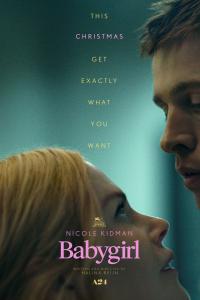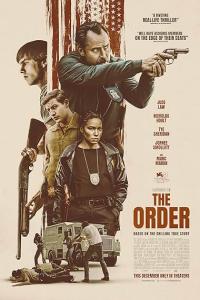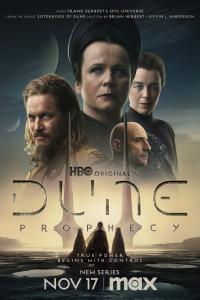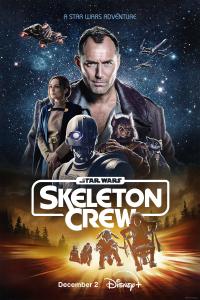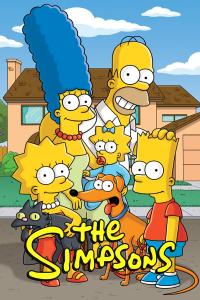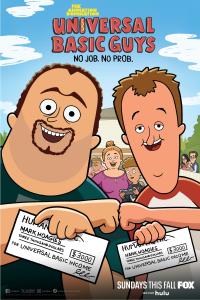Torrent details for "Minh Q. The Art of Functional Programming 2022 [andryold1]" Log in to bookmark
Controls:
External index by SiteBot Verified
Category:
Language:
 English
EnglishTotal Size:
7.53 MB
Info Hash:
1e72a2a204f270ce1ee667e7cae3d67c8ab33b87
Added By:
Added:
28-10-2022 14:01
Views:
141
Health:

Seeds:
3
Leechers:
0
Completed:
153
Textbook in PDF formatExternally indexed torrent If you are the original uploader, contact staff to have it moved to your account
A master class on the fundamentals and principles of functional programming. It contains 20 programming challenges with detailed solutions and 44 quizzes with answers and explanations. Moreover, 84 diagrams graphically illustrate how concepts and techniques work. Two real-world use cases show how to apply functional programming in practice.
Welcome to The Art of Functional Programming book!
Functional programming is a powerful and elegant programming paradigm. Initially only popular among university researchers, it’s gained much traction in the software industry in the last few years. From big companies to start-ups, engineers and managers have realized that functional programming excels at abstraction and composition. Functional programming allows for highly concise solutions with increased safety. This has led to rising demand for software engineers with functional programming skills. This book will help you move your programming skills to the next level.
There are tons of programming languages, frameworks, and tools out there - with many more coming in the future. The only way to stay ahead of the game in this vast and quickly changing software industry is to master the fundamentals and principles that cut across programming languages, frameworks, and tools. In the case of functional programming, learning to adopt the functional way of solving problems is much more productive than memorizing how to write functional code in a particular language. This book teaches this functional way of thinking. We’ll also learn many fundamental techniques from programming languages, such as parsing, compilation, and type checking.
We’ll also look at examples and exercises that are typically encountered in a programmer’s day-to-day job. Furthermore, an entire chapter is dedicated to applying what we’ve learned to real-world scenarios. In particular, we’ll use functional programming to process collections of data for an e-commerce application and handle the JSON datatype.
We’ll mainly use OCaml and occasionally Haskel to demonstrate the key concepts and techniques of functional programming throughout the book. To contrast functional programming concepts with imperative ones,we’ll use Java. Yet, it is essential to repeat that most functional programming techniques introduced in this book are universal. That means we can apply them to almost any programming language that supports the functional programming style. This includes but is not limited to Swift, Kotlin, JavaScript, Go, Python, and even Java (using the Java Stream API).
Intended audience:
This is a beginner and intermediate book aimed at software engineers, engineering managers, or computer science students interested in understanding the essence of functional programming. It is also an excellent fit for individuals who are currently preparing for coding interviews and want to improve their problem-solving skills



